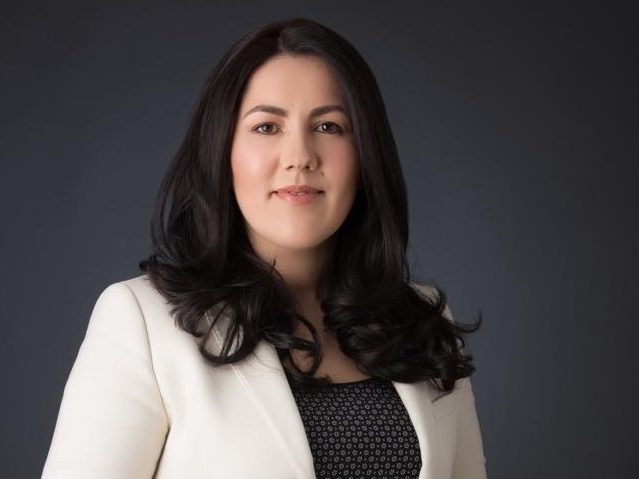Despite the expectations and instability generated by multiple crises, now, more than ever,
professionals who wanted and still want to pursue postgraduate education are considering
business schools and MBA programs in particular. They not only want to continue to develop
their skills as future-ready managers, but more importantly to be prepared for the turbulence
that could occur at any time.
So, the pandemic has not affected the volume of applications for Executive MBA programs, but
it has made applicants more attentive to what is on offer, to the possibilities such a program
brings, to how each university has adapted to the new economic dynamics.
At Tiffin University, one of the main advantages of the Executive MBA program has always been
the opportunity to network, to interact with people who share common interests and values, to
transform, often times, collegial relationships into business partnerships. And as, by definition, a
crisis comes with challenges, one of the main shortcomings caused by the pandemic has been
building a community and engaging students of a cohort in activities that bring them together.
However, the dynamics of the MBA program market show us that the demand for such
programs is relevant and will continue to thrive in the future. The pandemic period has had a
significant impact on how the curriculum is delivered and less on the curriculum itself.
First, the crisis has forced universities to adopt a digital, virtual mode of course delivery. Of
course, there are courses such as Human Resource Management, Innovative decision making,
or Decision Modeling for Managers in which the topic of Covid-19 was frequently explored as a
topic of debate and where much emphasis was placed on the ability of a leader to make
important decisions for the company amid market tension or the idea of employee layoffs.
Tiffin University’s program is complex and diversified, covering a wide range of subjects, from
management, leadership, economics or finance, to marketing, negotiation, decision-making,
strategy, law or ethics. We address real global issues, analyze case studies and train critical
thinking to provide essential business education. However, in the big picture of an MBA program, the COVD-19 pandemic itself is an example of a case study, upon which discussions
will build for years to come.
Resilient to the challenges ahead
Leadership has always been a desirable quality of an applicant to an EMBA program, but not an
absolute requirement for admission.
At Tiffin University, the profile of an EMBA candidate therefore remains the same in the post-
pandemic situation, i.e. learners who have more than 5 years of managerial experience on
average and who seek to understand in an integrated manner the disciplines of general
management, to strengthen their top management position or to manage their own company
more effectively. These are important qualities, regardless of the economic and social context in
which we find ourselves, but indeed we may consider that they are all the more necessary in
more tense and unstable times, when pressure and uncertainty need to be handled with much
more care, discipline but also managerial flexibility. All this is learned and acquired through
dedicated programs such as an Executive MBA.
The post-pandemic Executive MBA graduate profile reflects improvements in the area of digital
skills, adaptability and continued resilience. In the context of the pandemic, the use of
technology and digital tools has become essential to running businesses. They are familiar with
digital technologies and have strong skills in digitization of business.
Graduates are also prepared to adapt to continuous change and are resilient to future
challenges.
Why pursue an MBA program?
Probably every candidate’s answer to the question “Why pursue an MBA program?” will be
subjective, because every career is unique, and so is the need for development, for learning
candidates. It would therefore be wrong to assume that there is a generalized approach, a
generalized universal. If we look strictly at the post-pandemic context, perhaps the greatest
added value business schools bring is that they have made the hybrid environment an integral
part of their DNA.
Specifically, by adapting the teaching and, to some extent, even the curriculum, using a student-
centered approach, schools are helping MBA graduates to refine knowledge of business,
management, leadership, communication and problem-solving techniques problem-solving
techniques, but they have also improved students’ ability to cope challenges of a changing
corporate environment, and the complexities of the workplace mixed. It has taught them to be
adaptable and this will develop their ability to succeed in a variety of situations.
This material was published in the MBA Guide 2023.
